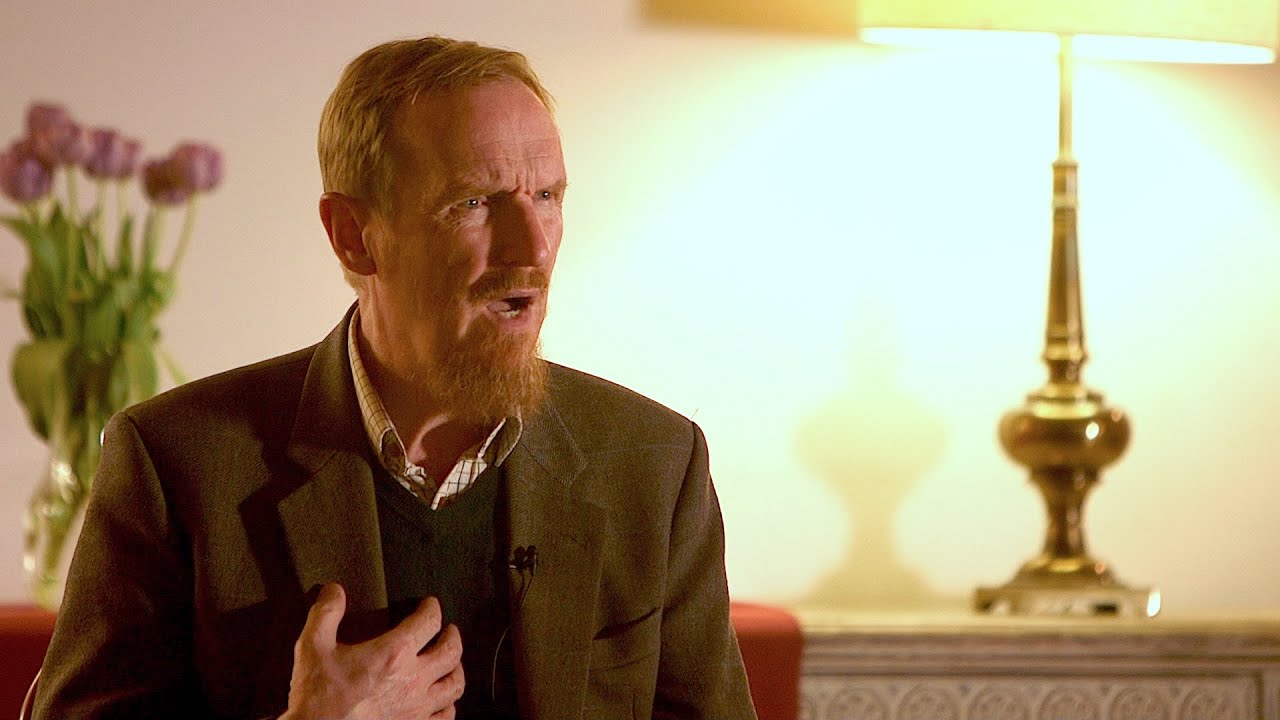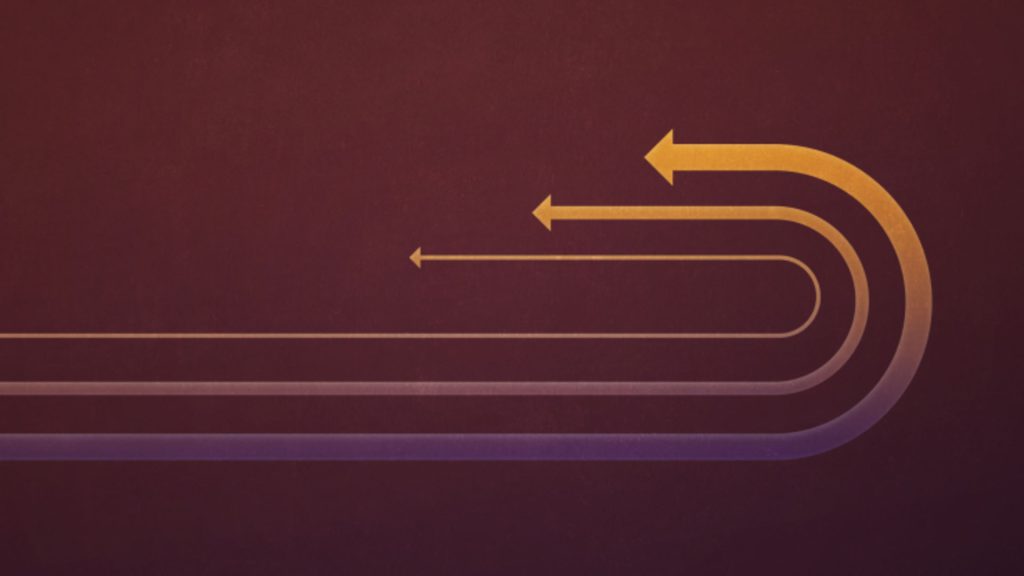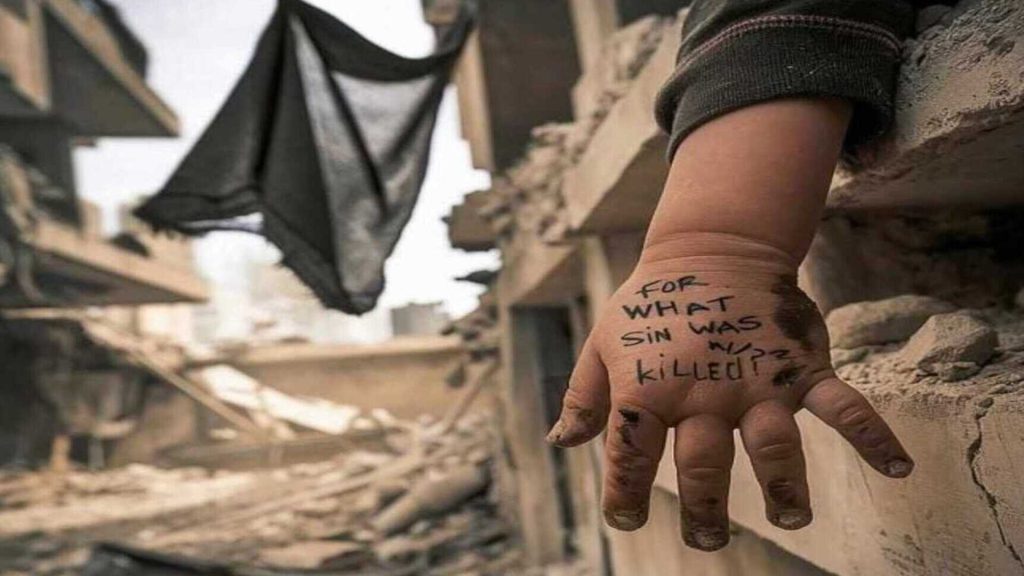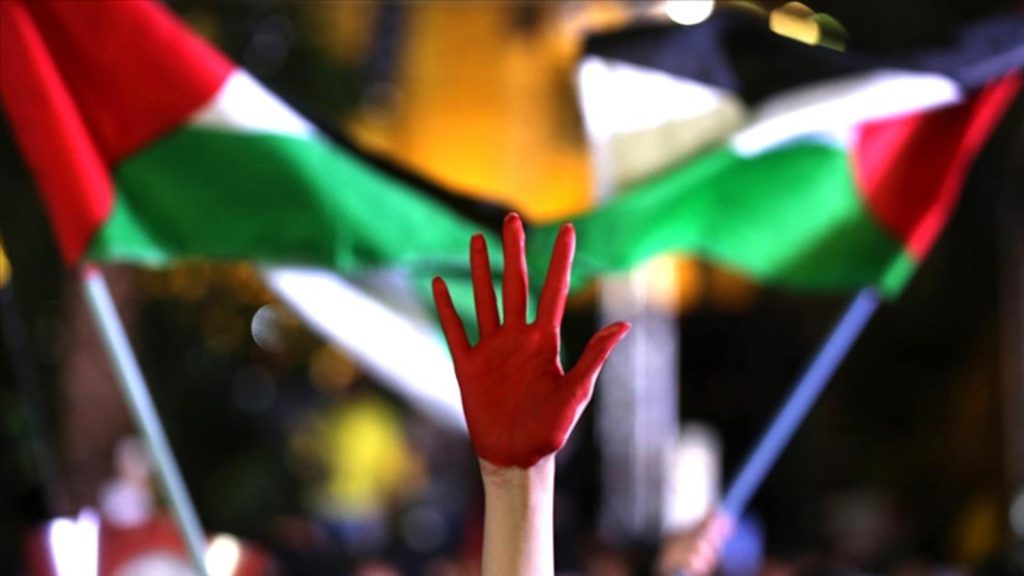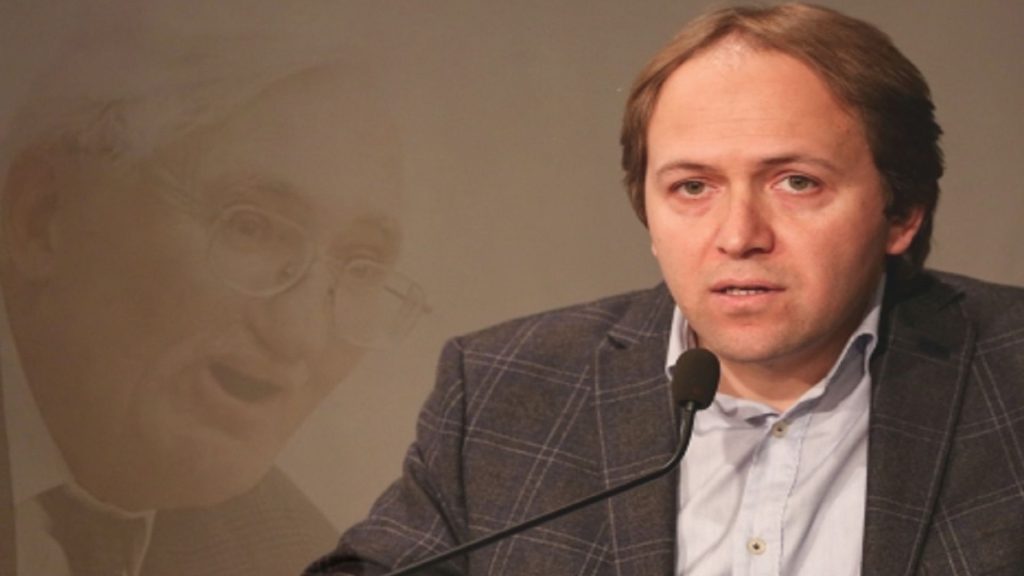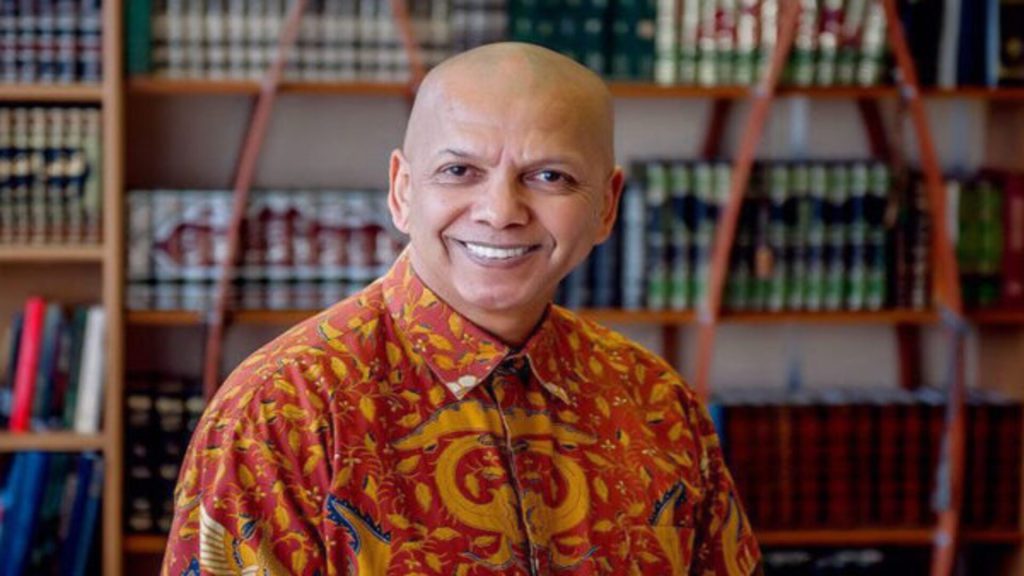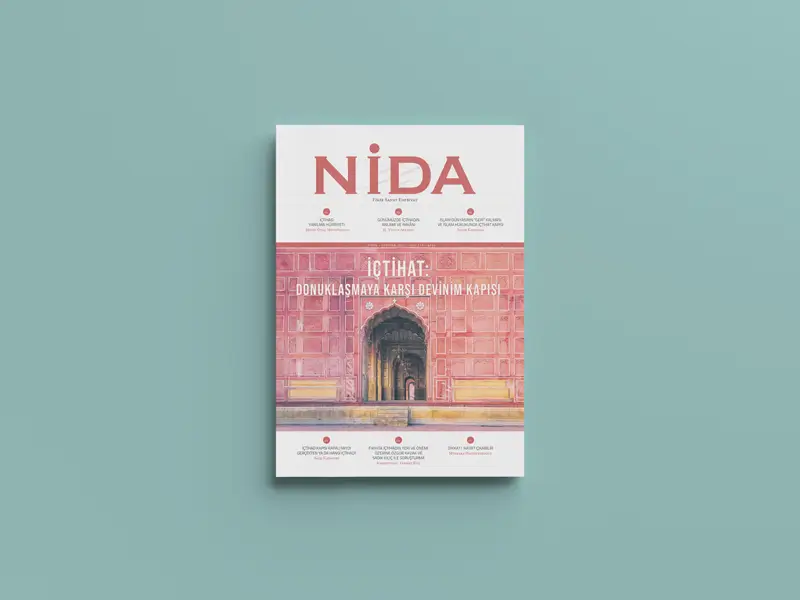Topic heading we want to interview: “What Does Islam Promise to Humanity?” We will look for an answer to this question as a headline. We know that this question requires a lot of analysis and evaluation beforehand. We will ask you to enter some analysis with your permission.
Let’s start our conversation with the Muslim intellectual world. If we say the crisis of Muslim thought in the 21st century, what would you like to tell us? What are the impasse of the current Muslim intellectual and legal mind?
One might say that the Islamic ideational response to modernity has passed through three broad stages. The first, which we might call pure traditionalism, was dominant in the nineteenth century, and includes authors such as Abd al-Qadir al-Jaza’iri, who sought to deploy purely medieval categories in their defence of Islam. The second was the generation of those who incorporated a fusion of Islamic and European concepts; one might point to the likes of Filibeli Ahmet Hilmi and Muhammad Iqbal as examples. The third, I believe, is made up of those whose background and formation is entirely Western, but who approach Islam and its heritage as a quarry of solutions to internal Western problems. Here one might cite Tage Lindbom, Murad Hoffmann, and Etsko Schuitema, among many others.. This latter movement has gained immensely in size and maturity over the last three decades, and one may now speak of a Western Islamic philosophy which presents a comprehensive response to the challenges of modernity. This is the most recent development and it will be fascinating to observe how it develops.
The world is facing processes and problems that it has perhaps never encountered before. Post-truth and a post-human process are being talked and discussed. While asking you to evaluate this process, do you think the Muslim intellectual mind or fiqh is ready to interpret this process and answer the questions it will bring?
Muslim thinkers such as Henry Bayman and Charles Upton point to the fact that earlier Islamic modernists were dealing with a world in which Western technical modernity appeared to be solving the problems of mankind. In our new liquid modernity, however, a pessimism prevails among Western thinkers. This takes two major forms. Firstly, philosophers see the prevailing postmodern shift as terminating the entire Western rationalist philosophical project: the end of the Enlightenment with its cult of dialectics and its hope for answers. Secondly, technology is seen as improving human comfort but at the expense of strategic human survival. Climate change, artificial intelligence, nanotechnology, and the collapse of male fertility, are only some of the disasters which technology imposes upon us. The consequence is that Western Muslim thinkers look to Islam not as a heritage which must somehow be saved from the discourse of a triumphant modernity, but as a sane alternative to the present-day global culture which is threatening the existence of the species.
Islam bases all its teaching on “God” and “human”. The post-human process speaks of the hyper-human. How do you think this process will affect Islam or traditional beliefs? To ask a little more provocatively, do we face a process that will bring about the end of Islam or religions?
Transhumanism has raised a series of concerns about ethics which modernity, with its utilitarian and hedonistic outlook, is not well-equipped to negotiate. James Lovelock, author of the famous Gaia hypothesis, writes in his latest book that technology will destroy humanity, largely through climate change, but that post-human cybernetic media will preserve a superior form of consciousness, so that the march of evolution will go on. He is strange enough to view this as grounds for optimism.
We think and speak about these concerns through Islam. How are concerns about Post-Truth and Post-human process evaluated by Christians, Jews or members of other religions? Is it seen as a problem? If it is talked and discussed, what size and how?
The disasters of late modernity and the threats of the anthropocene age are widely discussed by theologians of different religions, who all note that this is a problem caused by secularity, to which there is likely to be only a religious solution.
There is talk of displacement of the human being. In fact, scientific and genetic studies of this are carried out in a laboratory environment. In such a situation and in the world, what are the dilemmas of the Muslim intellectual mind and fiqh? How to prepare for this process? What should be the critical thresholds to pay attention to?
Western Muslim theologians have discussed these issues in detail. The main problem is the secular elites in Muslim countries, who remain trapped in a 1950s mindset of childish naivete, and find it psychologically difficult to recognise that science and secularity are threatening human survival on an unprecedented scale. Many elites in Muslim countries are secular fundamentalists unable to tolerate any challenge to their views. However the West which they idolise has changed profoundly. They should read Martha Nussbaum, Martin Rees, or even Heidegger on technology. But they will not, because their quasi-religious certainties about the West and its superiority might be endangered, and psychologically they cannot tolerate that. Thus only religiously-minded Muslims can really understand the latest tendencies of Western thought. The old secular elites cannot tolerate such perspectives.
It is a fact that the Western world uses its ideas and doctrines as an imperial stick on other worldviews. These are used as a means of offending under the name of freedom, democracy, equality and similar concepts. Has the west solved the basic problems of human and human life? (If any) What are the bottlenecks?
Western Muslim academics working in leading universities, such as Sherman Jackson, Yahya Michot, and Ingrid Mattson, often point to the coercive and colonial implications of the claim that only Western thought can generate universals, while other cultures are to be led or coerced in an exclusively Western direction, the resulting global homogenisation being considered desirable. But in the past ten years the situation in Europe and America has changed beyond recognition with the rise of the Woke movement. This is often highly coercive and intolerant, imposing speech codes on universities and punishing non-Woke writers and thinkers. Muslims are interested observers of these culture wars. Many more traditional Western philosophers, such as Roger Scruton, have written that the Woke movement will completely destroy the Western narrative, in the name of a subjectivism and paranoia which negate the Enlightenment and also the Christian foundations of the West.
Unfortunately many elites in Muslim countries continue to worship the statues of modernisers who lived a hundred years ago, and cannot see that modernity has collapsed into postmodernity.
I would like to ask a more general question: Is turning to Islam or faith (iman) a rational choice or an irrational choice?
Compared to the Woke subjectivism, it is of course a rational choice, since it is foundationalist and believes that certain truths about existence are absolute and can be logically and scientifically determined. Western Muslim theologians such as Martin Nguyen in his books on Islamic belief remind us of the rationalism of classical Islamic thought, particularly in its Maturidi formulations. However as Imam al-Ghazali showed nine centuries ago, full access to Being is no more than pointed to by syllogism; the actual disclosure (kashf) is the work of Divine grace. Hence many of our Western Muslim writers, including Michael Sugich, Etsko Schuitema, and Toby Maier, underline the importance of direct knowledge of metaphysical truths, through the path of self-knowledge, followed by self-denial, and then openness to kashf. This was also the method recommended by René Guénon many years ago; his more recent followers like Charles-André Gilis and Maurice Gloton have written luminously about the utility of Sufi techniques of self-naughting as epistemological tools.
In countries where the majority of the people are Muslim, there are serious problems in matters such as justice, economic life, freedom of thought, fundamental human rights, and the arrangement and order of social life. How do you evaluate these problems with the main lines? What do you think are the “main problems or problems” underlying these apparent problems?
My own context is the Western, not the Eastern, Islamic sphere. However it is clear that the turn to secularity in Muslim countries has failed to deliver a turn to Western ideas of human rights and respect for the individual; instead the secular elites in Muslim countries have favoured the more authoritarian surveillance-state model associated with Fascism. Hence the popularity of parades, statues of dead leaders, a fake nationalism based on an imaginary secular heritage of the nation, and so on. Albania was a particularly extreme example of this.
Some Eastern thinkers look at the West through rose-tinted spectacles, being unaware of our social problems, and the rise of psychological disorders: prescriptions of antidepressants double in England every ten years. Dieting disorders kill two thousand Britons every year, and again this number doubles with every decade. The divorce rate continues to grow, and gendered violence in schools is exploding, perhaps because of the universal availability of extreme pornography. Gender dysphoria appears to be escalating. Muslims should read books such as Dr Shanna Swann’s Countdown, which shows how modern lifestyles are triggering a collapse in fertility. In the Western world sperm counts have halved in the past forty years; and her projections show that most Western people will be incapable of reproduction by the year 2045.
Islamic index is made through the main headings of Economy, Legal and Governance, Human and Political Rights and International Relations. (https://islamicity-index.org/wp/latest-indices-2020/) And according to this index, New Zealand is listed as the country that best meets Islamic criteria. Where are these indexes and criteria in Islamism? What do you think it means to evaluate Islam within the framework of this kind of functionalism and pragmatism? How do you evaluate ‘religion’ in this way, and this index in particular?
Academic studies show that religious believers have better mental and physical health outcomes than non-believers. And Muslims tend to score very highly. For instance, in the largest-ever survey of its type, a 2019 Mannheim University study applied the academic ‘Satisfaction with Life Scale’ to different communities, and found that of all the groups, Muslims are the most satisfied with life.
Going back to the title now, what is ‘Islam’s Promises to Humanity’?
Humanity has always been religious, and has found healing and meaning through ritual and belief. Since the decline of Communism, atheism has been declining worldwide, now accounting for less than two percent of humanity. It is not natural to us. So we find in the UK that increasing numbers of young people are interested in Islam. In our mosque in Cambridge we register an average of one conversion every seven days. According to the 2011 UK government census figures there are around 100,000 converts to Islam in the UK, but this number appears to have been increasing sharply in recent years. The advantages of Islam, according to the sociologists, include the constancy of its styles of worship, which are simple and timeless. Another reason is the absence of an ecclesial hierarchy which might define and impose normalcy: people today like to be individualists. Also, as Nietsche clearly saw, Islam is Dionysian rather than Apollonian; again a key factor for the young.
Is it right to have a hope for Muslims in the rise of spiritualism, in the context of the critique of modernism, or in the postmodern process there are now interpretations of the return of the sacred, and from here what do you think of the reality of a hope for the benefit of Muslims or Islam?
A century ago René Guénon wrote that because of the externalising of Christianity due to the Reformation and the Enlightenment, that the Church was no longer an effective or habitable spiritual vehicle for Europeans. He added that only Islam has conserved its spiritual lineages and its liturgy intact, and that Islam is therefore the most effective spiritual option for modern European people. Mustafa Valsan wrote interestingly on this in his book Islam and the Function of René Guénon.
What changes are inevitable and what changes can be resisted for Muslim societies?
Muslim societies are likely to continue to be divided between those who continue to worship the statues of the modernists of a century ago, despite the fact that Western thinkers now laugh at those statues. And on the other hand there are the religious sections of the populations, many of which see Islam as nothing more than the conservation of the spiritual style of dead empires. That also has no future.
A significant problem is the governmentalising of Islam, whereby the traditional freedom and independence of the ulema is restricted or abolished, and religious personnel are integrated into the repressive security apparatus of a surveillance state. The evidence shows that religious claims by modern states, whether monarchical or republican, slowly weaken religion, as the natural scepticism towards the nation state on the part of young people spills over into a scepticism about religion. The Muslim world is learning this lesson only slowly.
I want to end the interview with a specific question: I want you to make a few sentences about being an Englishman who converted to Islam. With your own experience, what would you say about Islam today in Britain?
When I first prayed the Bayram namaz in Cambridge, there were forty people in the congregation. Nowadays we have three thousand. Wherever allowed to operate freely, Islam flourishes and grows, since monotheism is history’s most powerful idea, and Islam has monotheism in the clearest and most absolute form. Obstacles include the importation of ethnic nationalisms to the UK by some communities, who create mosques for their own people and are not welcoming to others. Sectarian divisions also need to be combated, for the sake of Islamic unity. The Woke movement is growing in strength and is directly attacking all the religions; we need a clear response to this, and a strong presentation of Islam as an alternative to wokeness. But overall I see the situation in an optimistic light. As the Holy Qur’an says: ‘God refuses that His light shall not reach its fullness.’
